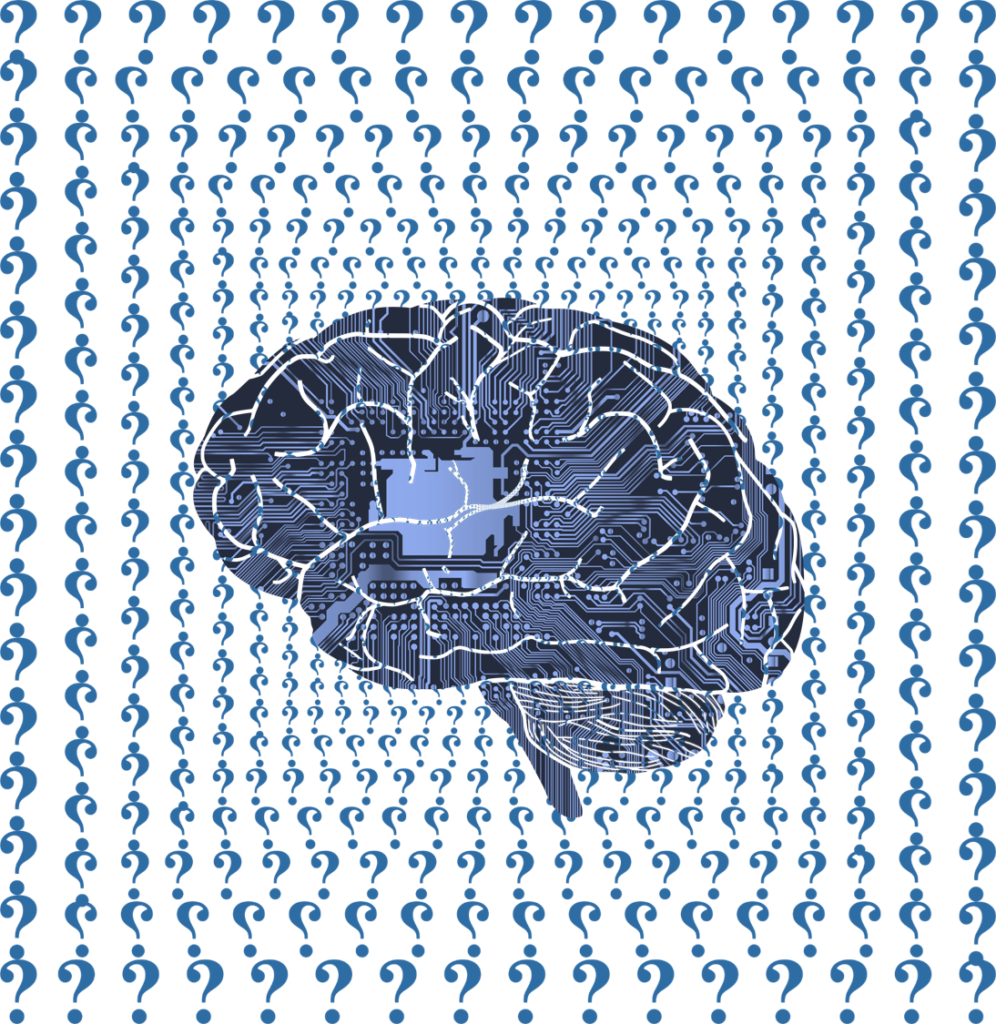Finding a futurist who doesn’t think artificial intelligence (AI) and machine learning (ML) will continue to impact our lives is like trying to find a living Dodo bird. Andrew Ng (@AndrewYNg), Co-Founder of Coursera, an adjunct professor at Stanford, and former head of Baidu AI Group and Google Brain, states, “Just as electricity transformed almost everything 100 years ago, today I actually have a hard time thinking of an industry that I don’t think AI will transform in the next several years.”[1] Among the industries Ng believes will feel the greatest impact are healthcare, education, transportation, retail, communications, and agriculture. Artificial intelligence is an umbrella term under which many technologies huddle. By itself, the term really has little meaning. Arvind Narayanan (@random_walker), an associate professor at Princeton, asserts, “Most of the products or applications being sold today as artificial intelligence are little more than ‘snake oil’.”[2] That may sound harsh; however, Eric Siegel (@predictanalytic), a former computer science professor at Columbia University, explains, “The much better, precise term would instead usually be machine learning — which is genuinely powerful and everyone oughta be excited about it.”[3] Science fiction authors have no difficulty writing about dystopian futures in which sentient AI systems deem humankind a threat; however, most experts see a more benign future for AI and machine learning.
The Future of AI and Machine Learning
Data analyst and tech writer Lerma Gray (@devcoun) reached out to a number of experts for comments about the future of AI and machine learning.[4] One of those experts was Dr. Jason Glazier, Enterra Solutions® Chief Technology Officer and Chief Scientist. He predicts there will be an accelerated use of ML to optimize underlying business drivers. He explains, “Machine Learning is used primarily as a prediction tool to understand what will happen. In 2021, I expect more sophisticated companies to focus on using ML to understand the underlying business drivers they can optimize to best affect the future. In order to gain this understanding, you need to determine the limited set of true drivers and high-order inter-combinatory effects within a large number of data columns, as well as integrate ML with an optimization engine. An example of this is our work in Trade Promotion Optimization and Supply Chain Optimization. So moving forward, we’ll see an acceleration of focus on how ML can help drive optimal outcomes for the business.” If you want a great overview of where AI and ML are heading, read all of the comments from the 80 experts who responded to Gray’s outreach.
Tsuyoshi Ide (@Idesan), a Senior Technical Staff Member at the IBM Thomas J. Watson Research Center, told Gray that AI has been overhyped. He says, “Complex business problems will remain complex. General-purpose AI technologies can only solve general problems. However, the process of disillusionment will encourage more down-to-earth discussions on AI empowerment in business data analytics.” Many of the experts Gray cites reiterate the benefits AI and ML will provide companies now and in the years ahead. Another theme many experts have been talking about is the rise of edge computing. Adam Benzion (@AdamBenzion), CEO of Edge Impulse, told Gray, “With 250 billion microcontrollers in the world today, embedded machine learning will become the default technology for performing on-device data analytics for vision, audio, motion, and more. In the near future, we will see this driving significant innovation from accelerating scientific discoveries to consumer devices, medical research, robotics, fully autonomous vehicles, voice-activated assistants to smart manufacturing. For the first time, embedded machine learning will give billions of devices the brains needed to make smart decisions without needing to send data to the cloud, as it will be small enough to fit into any environment under the most constrained conditions.”
As President and CEO of a cognitive computing firm, I have stressed the value of “augmented intelligence.” Jürgen Umbrich, Senior Knowledge Scientist at Onlim, also believes the future will see improved human-machine interactions. He told Gray, “AI will be deployed with a huge impact in various industries in 2021. There will be more and more applications where AI systems combine symbolic AI (e.g., Knowledge Graphs) with machine learning (e.g., deep learning) to incorporate context and meaning [in order] to explain the results and internal processes and improve the overall accuracy. We foresee that in 2021 AI applications will especially focus on improving human-machine interactions (e.g., chat or voice systems or human-friendly robotics) to further assist people in a more natural way in their decision makings, information search, or task automation.” Abhishek Kumar, Chief AI Architect SublimeAI Inc, also believes augmented intelligence will become more important. He told Gray, “I think Artificial Intelligence will start being seen more as augmented intelligence. Instead of it being seen as a standalone application, AI will transform more into Augmented Intelligence, helping people [increase] efficiency in existing workflows.”
Based on the comments he received, as well as other research, Gray created the following infographic about the future of AI. In an email to me commenting on the infographic, Gray discussed how AI will complement the Internet of Things; thus, making it the AIoT. He concluded, “Apart from AIoT, there are many other trending applications of AI and this infographic provides a visual representation of some of the top use cases today. As you’ll learn from the infographic, the wide adoption of AI solutions has led to questions on whether AI is can be trusted to be fair towards the general public. As a result, Ethical AI has become a trending subject of interest in AI applications.”

Concluding Thoughts
Artificial intelligence (and all the technologies that term covers) will continue to evolve in the years ahead. Rob Toews (@_RobToews), a venture capitalist at Highland Capital Partners, predicts, “Five years from now, the field of AI will look very different than it does today. Methods that are currently considered cutting-edge will have become outdated; methods that today are nascent or on the fringes will be mainstream.”[5] Based on the comments Gray received from subject matter experts, Toews’ prediction will probably prove correct.
Footnotes
[1] Shana Lynch, “Andrew Ng: Why AI Is the New Electricity,” Stanford Graduate School of Business, 11 March 2017.
[2] Dev Kundaliya, “Much of what’s being sold as ‘AI’ today is snake oil, says Princeton professor,” Computing, 20 November 2019.
[3] Eric Siegel, “Why A.I. is a big fat lie,” Big Think, 23 January 2019.
[4] Lerma Gray, “80 Interesting Artificial Intelligence & Machine Learning Predictions For 2021,” dev.Count Blog, 19 April 2021.
[5] Rob Toews, “The Next Generation Of Artificial Intelligence,” Forbes, 12 October 2020.





